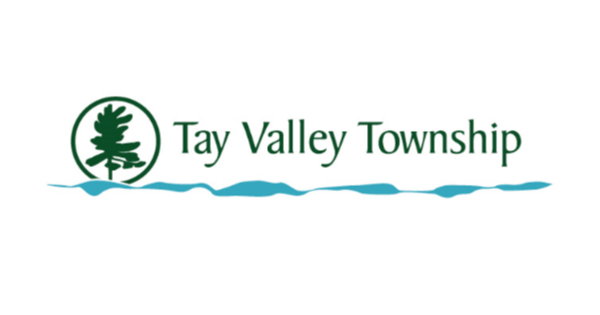Search
.jpg)
Green Energy and Climate Change Working Group Meeting - April 12, 2024
Posted on Monday, April 08, 2024 10:49 AM
The Agenda has been posted for the April 12th, 2024 meeting.

Green Energy and Climate Change Working Group Meeting - February 16, 2024
Posted on Friday, February 09, 2024 03:06 PM
The Agendahas been posted for the February 16th, 2024 meeting.

Green Energy and Climate Change Working Group Meeting - December 8, 2023
Posted on Wednesday, November 29, 2023 01:26 PM
The Agendahas been posted for the December 8, 2023 meeting.

Green Energy and Climate Change Working Group Meeting - October 20, 2023
Posted on Monday, October 16, 2023 03:48 PM
The Agendahas been posted for the October 20th, 2023 meeting.

Green Energy and Climate Change Working Group Meeting - September 22, 2023
Posted on Friday, September 15, 2023 02:53 PM
The Agendahas been posted for the September 22, 2023 meeting.

